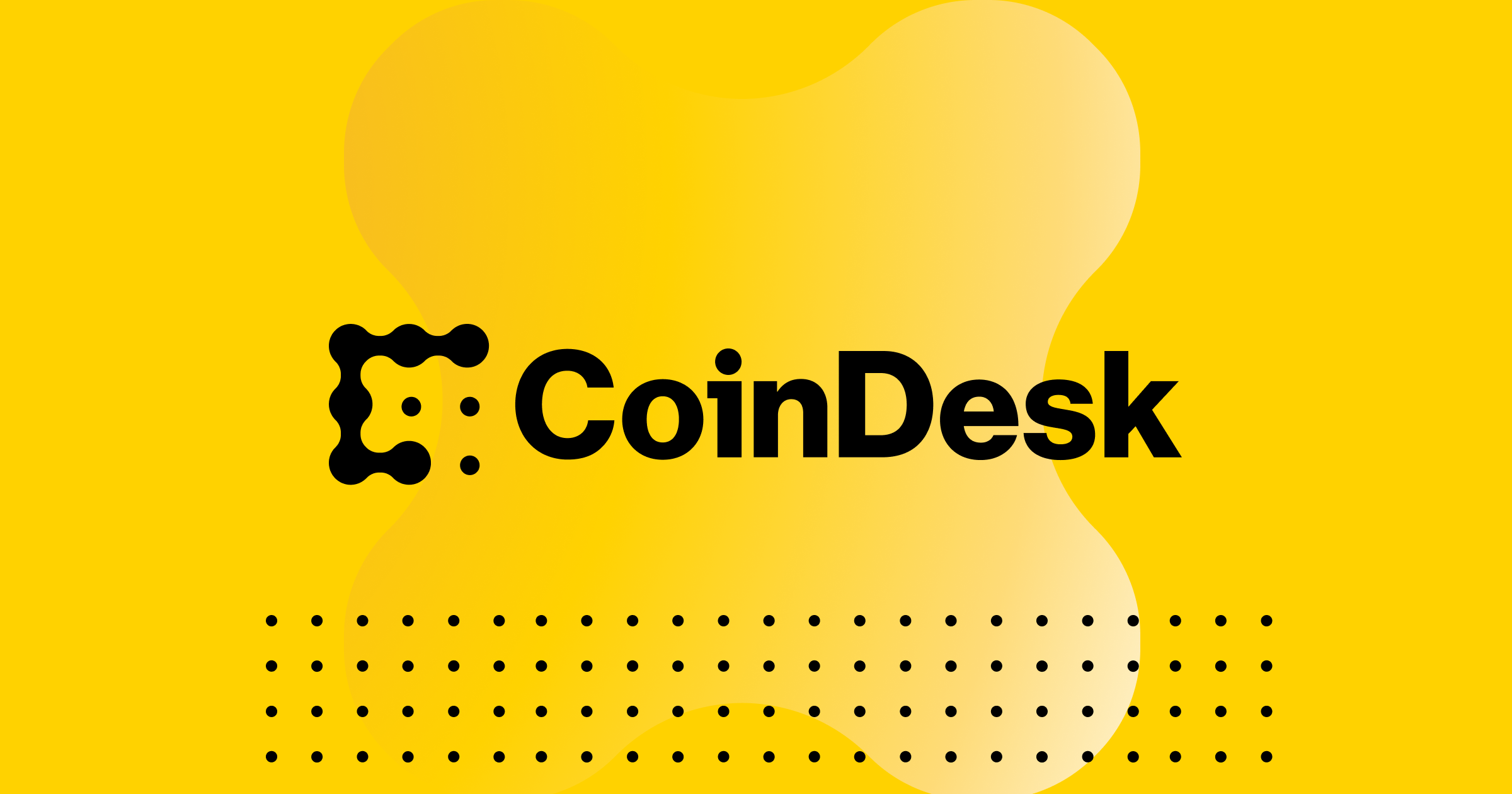- Smartphone maker Vertu launches Web3 Android to rival Solana Saga phone
- LooksRare plans to divert 25% of protocol fees directly to creators
Reddit’s nascent NFT marketplace made a splash in the digital collectibles market by onboarding nearly 3 million new users to Web3 by pitching NFTs to users — rivaling OpenSea’s numbers in the process.
And for those who own a Bored Ape or a CryptoPunk NFT and live in Switzerland, fintech bank SEBA offers to custody those NFTs just like any other customer deposit. This will test if users prefer to trust a bank with their NFTs, instead of keeping them in their own wallets.
Here are other notable stories that caught the eyes of the Web3 Watch.
Twitter’s potential crypto wallet
Twitter is officially in the hands of Elon Musk, who formalized his new role by changing his Twitter bio to “Chief Twit” after a $44 billion acquisition.
In the lead up to the takeover, researcher Jane Manchung Wong tweeted out some juicy developing details about Twitter’s potential plans to launch a crypto wallet.
Wong is known for testing out tech products and new features on social media platforms, including the Twitter edit button for Twitter Blue members.
Since reporting on Oct. 24 that Twitter may be working on a wallet prototype that supports crypto deposits and withdrawals, no other details have been made available.
Musk previously said that “it would make sense to integrate payments into Twitter so that it’s easy to send money back and forth, and if you have currency as well as crypto,” during his first Twitter all-hands meeting in June.
The royalties domino effect
First, X2Y2 and SudoSwap NFT marketplaces made the move toward optional creator NFT royalties during the summer.
Then, Solana giant Magic Eden followed, because “royalties are not enforceable on a protocol level,” and due to shifting market dynamics. Notably, Nansen data shows that there’s been a slow exodus of return Magic Eden buyers per day, while the number of first-time NFT buyers has increased since the announcement on Oct. 15.
Read more: How NFT Royalties Work – And Sometimes Don’t
Now rival NFT marketplace LooksRare has also eliminated creator royalties, but buyers can still opt-in to pay optional royalties at checkout.
The marketplace will instead share 25% of the LooksRare protocol fee with creators and collection owners. It claimed to be the first zero-royalty marketplace to do so.
In a blog post, LooksRare acknowledged that the trend of zero-royalty marketplaces has “eroded the general willingness to pay royalties throughout the NFT space.” While this may be good for traders, most creators are left without an important source of passive income, it said.
The plan to divert protocol fees directly to creators hopes to achieve 0% seller fees through a rebate on protocol fees paid.
Protocol fees were previously 2%. Now, 1.5% of each trade goes to LOOKS stakers and 0.5% goes to collections if they’ve set up a receiving address.
Additionally, the trading rewards distribution ratio has been updated so that 95% of trading rewards go to sellers and 5% to buyers. As for listing rewards, the leaderboard now ranks by OpenSea rolling 24-hour volume only.
Time will tell if killing royalties, a revenue stream for many creators, disincentivizes them from providing ongoing utility. What would motivate them to add value to their NFTs if they can’t benefit when new buyers enter?
The latest Web3 smartphone
Would you buy a $41,000 phone? The latest Web3-marketed phone can cost as much as that.
Smartphone maker Vertu launched its latest Android device called Metavertu that can run its own blockchain node and turn photos and videos into NFTs “with one click.”
Metavertu runs on the standard Android operating system while enabling users to switch to Web3 mode. Some benefits of Web3 mode include “instantaneous NFT generation, self-contained peer-to-peer encrypted communication” and access to decentralized applications (dapps), Vertu said.
Additionally, Metavertu has a concierge service that offers an NFT membership pass with access to blockchain courses and early access to a high-value whitelist.
The entry-level model is priced at $3,600 and comes with a carbon fiber finish, 12GB RAM and 512GB internal storage. The high-end model, on the other hand, has 18GB RAM and 1TB storage, and comes wrapped in “Himalaya Alligator leather,” 18K gold and diamonds for $41,000.
Previously, Solana Labs’ subsidiary Solana Mobile launched its own Android-powered smartphone — Saga — in June that is integrated with the Solana blockchain network. The Solana Saga costs $1,000, in line with the price of an iPhone, and plans to deliver in early 2023.
Get the day’s top crypto news and insights delivered to your inbox every evening. Subscribe to Blockworks’ free newsletter now.
Read More: news.google.com










 Bitcoin
Bitcoin  Ethereum
Ethereum  XRP
XRP  Tether
Tether  Solana
Solana  Dogecoin
Dogecoin  Cardano
Cardano  USDC
USDC  Lido Staked Ether
Lido Staked Ether  TRON
TRON  Avalanche
Avalanche  Toncoin
Toncoin  Shiba Inu
Shiba Inu  Polkadot
Polkadot  Wrapped stETH
Wrapped stETH  Stellar
Stellar  Chainlink
Chainlink  Wrapped Bitcoin
Wrapped Bitcoin  Hedera
Hedera  Bitcoin Cash
Bitcoin Cash  Sui
Sui  WETH
WETH  Litecoin
Litecoin  Uniswap
Uniswap  NEAR Protocol
NEAR Protocol  LEO Token
LEO Token  Pepe
Pepe  Aptos
Aptos  Wrapped eETH
Wrapped eETH  Internet Computer
Internet Computer  POL (ex-MATIC)
POL (ex-MATIC)  Cronos
Cronos  USDS
USDS  Ethereum Classic
Ethereum Classic  Bittensor
Bittensor  Artificial Superintelligence Alliance
Artificial Superintelligence Alliance  Filecoin
Filecoin  Ethena USDe
Ethena USDe  Render
Render  Arbitrum
Arbitrum  Eigenlayer
Eigenlayer  Algorand
Algorand  Cosmos Hub
Cosmos Hub  Hyperliquid
Hyperliquid  Stacks
Stacks  Celestia
Celestia  Monero
Monero